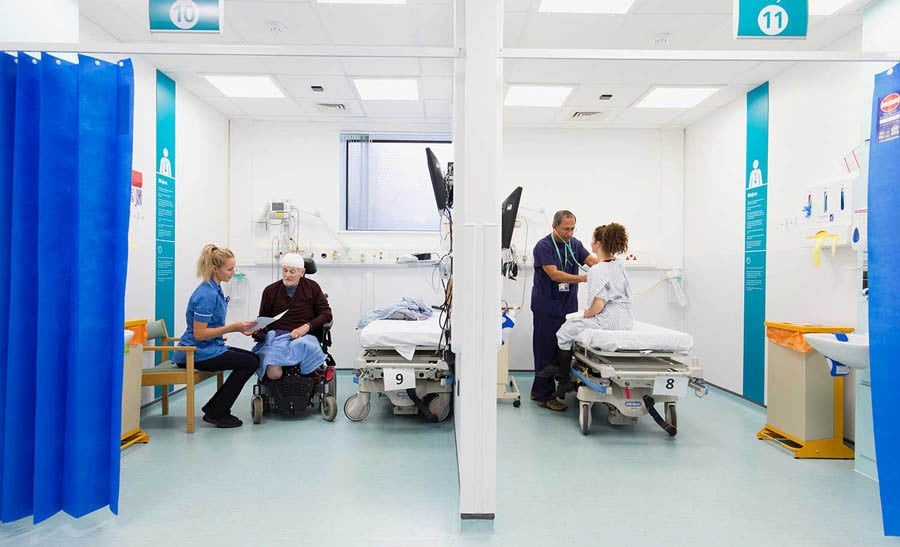

Dear all,
Although capitalism now seems to have triumphed in the global war between different ideological and economic systems, it is worth stopping and reflecting on what this profits-driven approach actually does to the psyche of a society.
Capitalism rewards individual effort and entrepreneurship. It favours brutal competition and maximisation of profits -- without regard for the social implications of this. This engenders a sense in affluent individuals that they deserve to be rich -- "we earned it", whereas poor people are poor because they ‘choose’ to be by ‘not working hard enough’ or being ‘unmotivated’.
The privatisation that comes with a capitalist economic model obviously favours wealthy individuals and does very little for public services or the welfare of less privileged citizens. This clearly does not result in a very caring or compassionate society: the philosophy being an essentially selfish one. There is, of course, the idea of the Corporate Social Responsibility programme whereby large firms and corporations act as do-gooders working with down-trodden sections of society, but how much this actually uplifts people is questionable.
Public services are said to be ‘inefficient’ and ‘unproductive’, but what is mostly ignored is that the ethos of public services is completely different from that of private services. In Britain for example, healthcare and medical treatment is provided free to all residents by the National Health Service (NHS) and this is considered a ‘right’ rather than a privilege. There is endless criticism of NHS waiting lists and failures but my personal experience has been that the sort of compassion and concern NHS fosters in its staff and its systems, is completely absent from private healthcare, where patients are seen more as paying customers rather than as human beings who need to be cured. The sort of kindness that I, personally, have encountered in the NHS is unparalleled despite the fact that the staff are underpaid and overworked, and the resources are very limited.
The same is true, to some extent of education in Britain. Free education is provided to all children, regardless of their economic status or class. Again there is much criticism of state schools for being ‘inefficient’ and not maintaining a high enough academic standard. But in the past, state education has provided ample opportunities for less well-off students to rise through the system. This encouragement of social and academic mobility was in the form of subsidised programmes: bursaries and assisted places, for example, whereby the ablest students could move to private schools with all expenses paid or through nutrition-based initiatives like breakfast programmes or the provision of free lunches for those unable to pay the nominal ‘lunch money.’
The kind of social and professional mobility this system allowed for can best be seen in the cases of two British prime ministers: Edward (Ted) Heath (Conservative) and Harold Wilson (Labour).
Edward Heath’s origins were, unusual for a Tory, lower middle-class. His father was a builder and carpenter and his mother was a maid, yet Heath was able to go to Balliol College, Oxford thanks to the support provided by a grammar school and a country scholarship. He was also a talented musician who was able to make full use of the opportunities that Oxford provided in this field.
Harold Wilson’s father was a chemist and mother a school teacher. He went to Jesus College, Oxford where he obtained an ‘outstanding’ First, having achieved maximum marks in every single paper. Again his route to Oxford was made possible in large part by scholarships, grammar schools and local government grants.
Compare this to recent British prime ministers whose families have been quite affluent and have reached Oxford through the route of private schooling -- the exception being Gordon Brown who was state educated, but as prime minister was thoroughly vilified by an increasingly right-wing media. The point here is that the idea of social mobility is no longer favoured or encouraged, assisted places and various subsidies have been terminated and a distinct two-tier system now prevails.
Recent years have seen major cuts in Britain’s state health and education sectors. This has been done sneakily by discontinuing certain services and outsourcing them to private providers, curtailing or scrapping training bursaries that would help staff these sectors through funding the training of nurses and teachers and by creating a tier of ‘management professionals’ whose aims were more career-oriented than ideological or geared towards public service, i.e. they were not education or medical professionals.
University fees are now so high -- tripled by the Cameron-Clegg coalition in 2012 -- that fewer and fewer working-class students go to university, as in order to do so they have to take out exorbitant loans which saddle them with debt for years. Similarly, the ethos of universities is less public service and more business-oriented, students are referred to as ‘clients’ and vice chancellors pay themselves exorbitant salaries.
So has privatisation encouraged a form of social Darwinism in society? To some extent yes, it has encouraged selfishness and survival and moved people away from the concept of a caring and compassionate society. The idea of equal opportunity is perhaps a thing of the past.
Best wishes